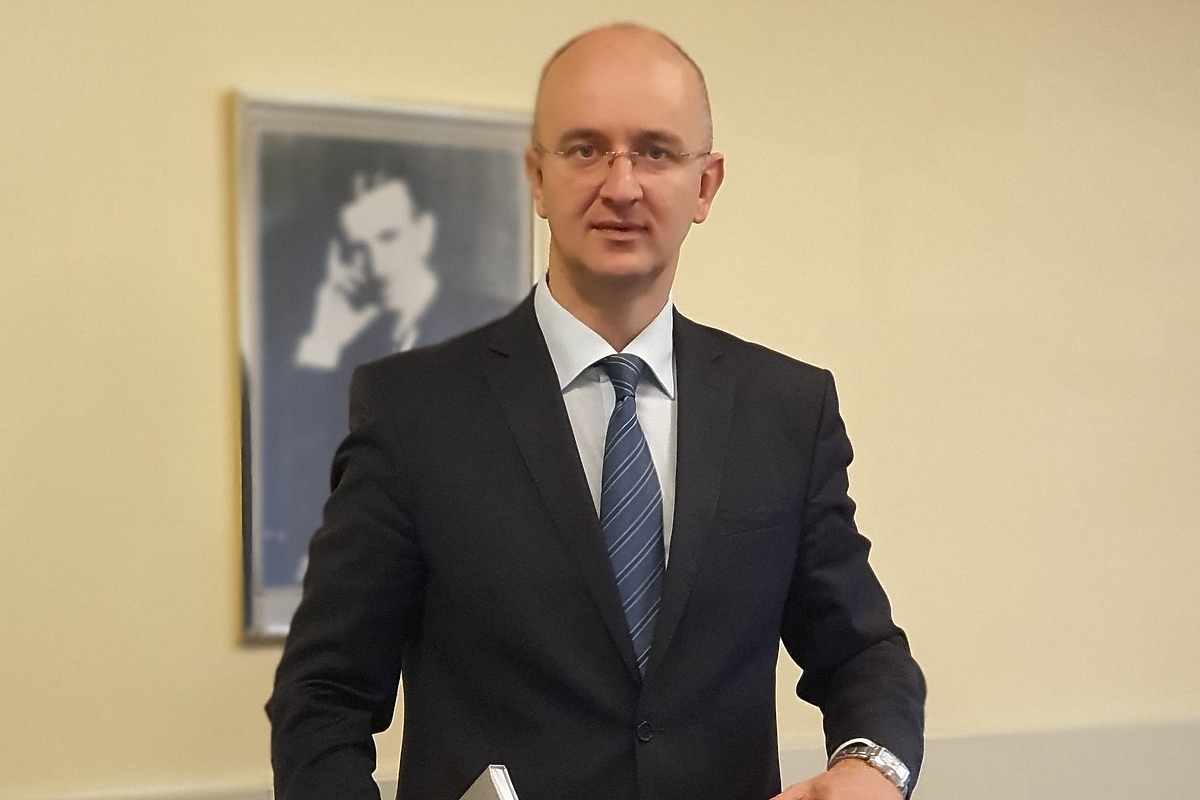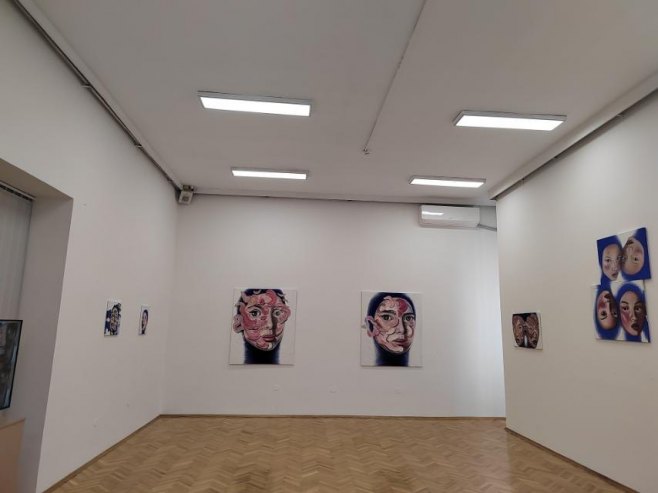Serb historian Vasa Čubrilović (1897–1990), the youngest participant in the assassination of Austro-Hungarian heir Archduke Franz Ferdinand in Sarajevo in 1914, a professor at the University of Belgrade and a member of the Serbian Academy of Sciences and Arts, passed away on June 11, 1990.
After demonstratively walking out of a Saint Sava celebration on January 27, 1914, during which the anthem of Emperor Franz Joseph was played, Čubrilović was expelled from high school in Tuzla. He then moved to Sarajevo to live with his sister and continue his education.
In Sarajevo, he grew close to Danilo Ilić and other members of the Young Bosnia movement who were plotting the assassination of Archduke Franz Ferdinand.
Čubrilović was spared the death penalty because he was a minor at the time, but he was sentenced to 16 years in a maximum-security prison, which he served in Möllersdorf, Austria, and later in Zenica. He spent four and a half years in prison, more than three of which were in solitary confinement.
During World War II, he was imprisoned in the Banjica concentration camp.
Čubrilović studied philosophy at the University of Belgrade, where he earned his doctorate in 1927.
Between the two world wars, he belonged to the progressive wing of the Agrarian Party. After the liberation of the country, he served as director of the Balkanological Institute and as a minister in the Yugoslav government.
He was a historian with a strong gift for synthesis, a quality that marked his body of work—around 70 books and studies.
Among his most notable works are:
- The Bosnian Uprising 1875–1878
- The Origins of the Muslim Nobility in Bosnia and Herzegovina
- The First Serbian Uprising and Bosnian Serbs
- The Political Past of the Croats
- History of Political Thought in 19th Century Serbia
- Selected Historical Works
Čubrilović served as Dean of the Faculty of Philosophy in Belgrade and, after retiring, continued his scholarly, pedagogical, and organizational work at the Serbian Academy of Sciences and Arts.
Source: Glas Srpske









